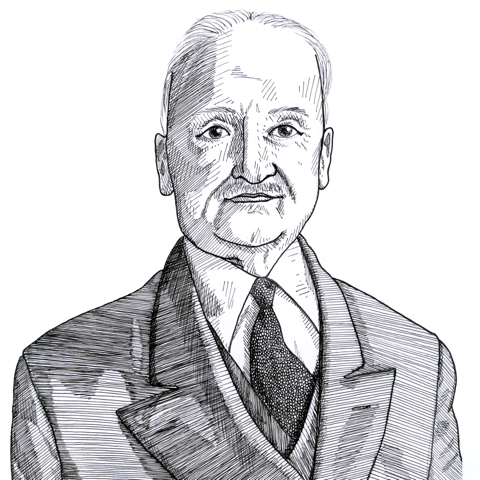
Mises on wealth creation and stopping the spirit of predatory militarism (1949)
Found in: Human Action: A Treatise on Economics, vol. 2 (LF ed.)
Ludwig von Mises notes that western Europe developed economically first because it was able to check the wealth destroying “spirit of predatory militarism” first:
Colonies, Slavery & Abolition
The eminence of the Western nations consisted in the fact that they succeeded better in checking the spirit of predatory militarism than the rest of mankind and that they thus brought forth the social institutions required for saving and investment on a broader scale. Even Marx did not contest the fact that private initiative and private ownership of the means of production were indispensable stages in the progress from primitive man’s penury to the more satisfactory conditions of nineteenth-century Western Europe and North America.